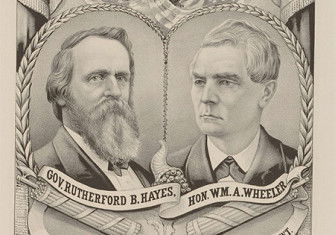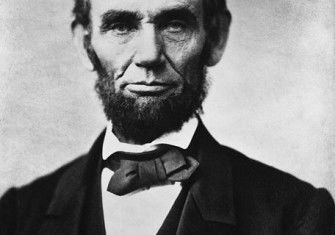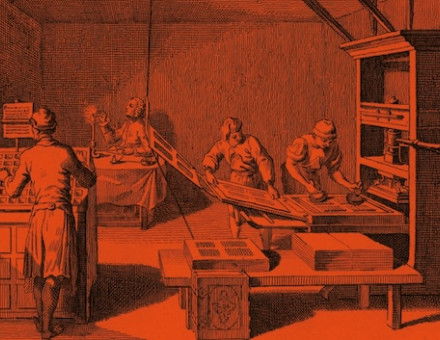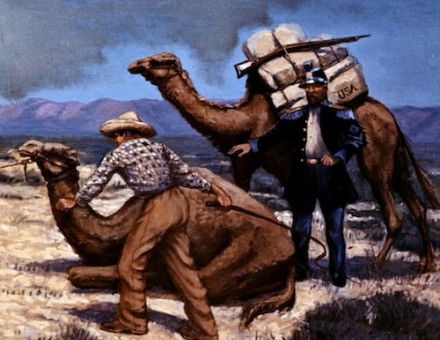The Changing Face of the Republican Party
The contrast between Abraham Lincoln and Donald Trump could hardly be more striking, but such is the continually evolving politics of the Grand Old Party.
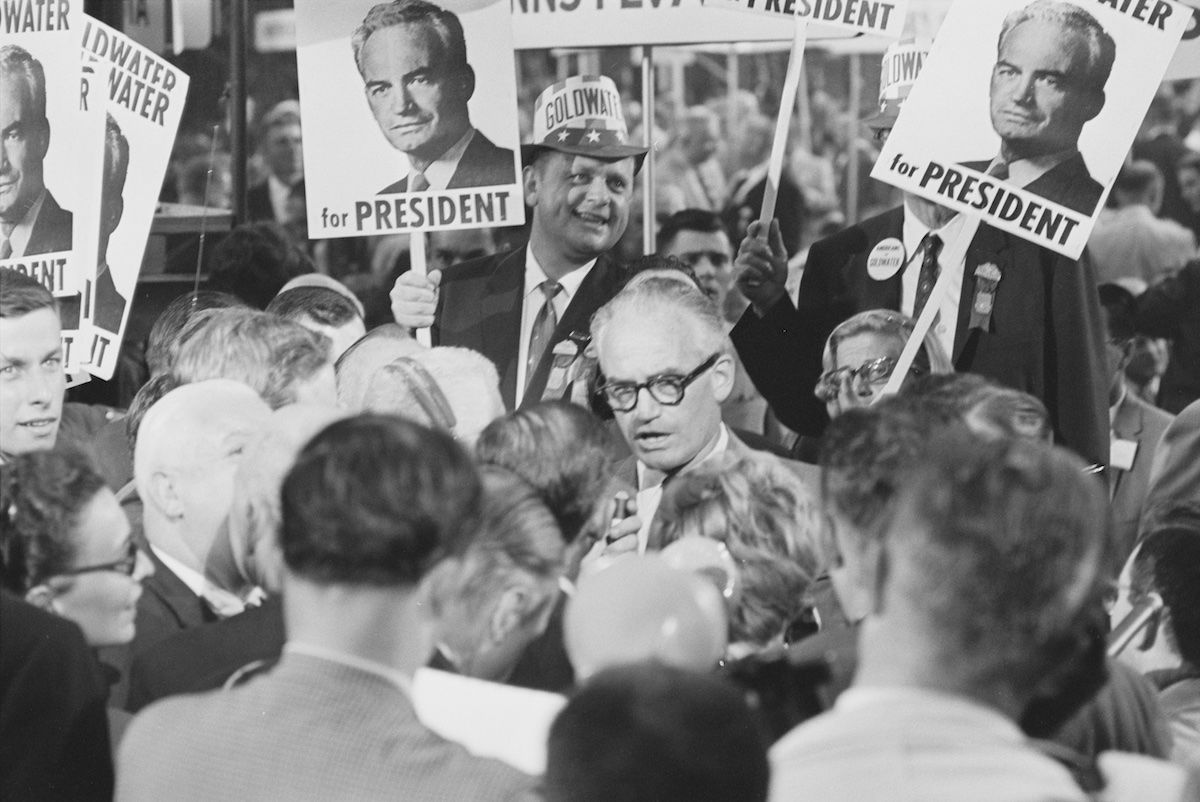
It was an unexpected sight. On September 3rd 2016, Donald Trump addressed an African-American church in Detroit and told them that he wanted to help write the next chapter in civil rights history. Trump said: ‘Becoming the nominee of the party of Abraham Lincoln – a lot of people don’t realise that Abraham Lincoln, the great Abraham Lincoln, was a Republican – has been the greatest honour of my life. It is on his legacy that I hope to build the future of the party.’
While most people do know that Lincoln was a Republican, very few regard Trump as a fellow traveller of the president who ‘freed the slaves’. One poll showed Trump getting just one per cent of the black vote in the coming presidential election.




